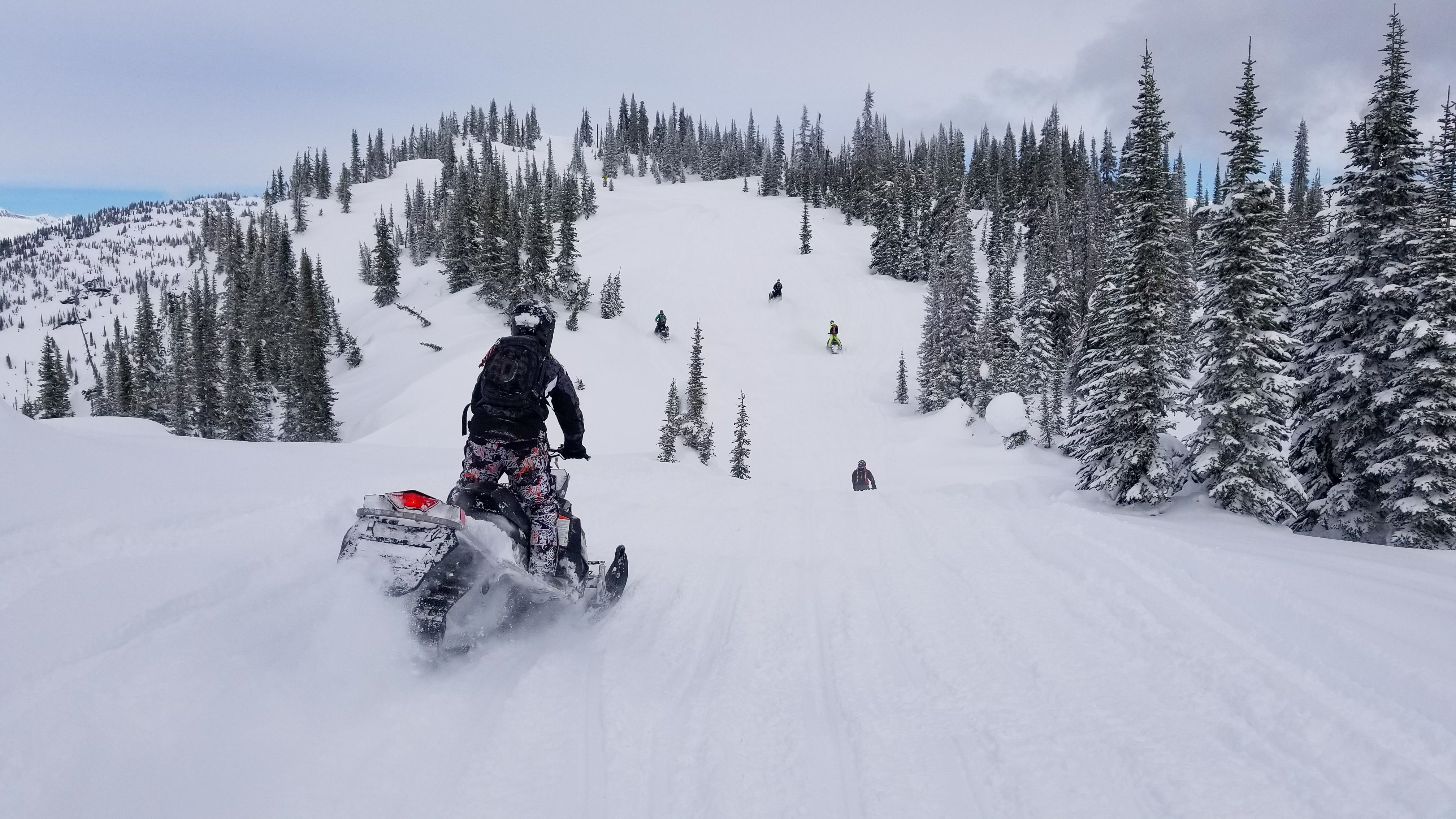With the heavy snow falls we have received recently many of us will want to pull out our Ski-doo’s and enjoy some winter fun. Ski-doo’s are very powerful machines and as such, knowing the appropriate safety measures is crucial for some safe Ski-doo fun.
Ski-dooing has one of the highest rates of serious injury in Canada when it comes to winter sports. On average, there are 73 Ski-doo deaths occur every year in Canada. Majority of the injuries sustained with a Ski-doo could have been avoided, had the following safety tips been implemented:
- Just as you would operating any other motor vehicle, always make sure you have your Ski-doo’s registration and insurance papers before you start riding.
- Unlike cars, Ski-doo’s do not have the easy access to gas stations and pit-stops. It is important to make sure your Ski-doo has enough gas for your trip, as well as a proper functioning engine, and oil life is in good standing.
- Although driving around on a Ski-doo seems like a fun activity, it is still an operation of a motor vehicle and therefore, DO NOT DRINK AND DRIVE! Otherwise, you will face the same consequences of driving under the influence. Currently, 49% of ski-doo fatalities involved alcohol and drug use.[1]
- It is very important to remain alert and aware of your surroundings. One minor distraction could result in a crash that could have easily been avoided. It is also important to plan your route ahead, as often times there are patches of ice that appears solid but can collapse with the weight of a Ski-doo.
- If you have never driven a Ski-doo before, it is highly recommended that you take lessons. Even in the case where a rider has not driven a Ski-doo in a while, it is recommended to take a refresher lesson to become familiar with operating a Ski-doo again.
- The various terrains across North America available for Ski-doo trails is incredible. There are a combination of public and private trails. In order to preserve these trails, it is very important for each Ski-doo operator to stay on designated trail, whether it is on public or private lands.
- It is very common for Ski-doo operators to want to speed and rip through the trails, however, speed is a large contributing factor to crashes involving Ski-doos. It is highly recommended that you maintain safe speeds as Ski-doo’s do require a longer stopping distance. For example, if you are travelling at 72 km per hour you will require 272 feet of space in order to come to a complete stop. The following are the posted speed limits for Ski-doo trails:
- 50 km per hour – on snowmobile trails
- 50 km per hour – on roads where the speed limit is over 50 km per hour
- 20 km per hour – on roads where the speed limit is 50 km per hour or less
- 20 km per hour – in any public park or exhibition grounds[2]
- It is in your best interest to avoid going for a ride during the night. Despite the use of headlights, the distance ahead of you is only illuminated so much, but not enough to allow the rider to stop in the appropriate distance. A crash is unavoidable if there is something in the back of your Ski-doo.
- It is important to dress in layers in order to stay warm in the extreme cold weather.
- Trails are usually not maintained. Be careful when on a trail at all times.
Most importantly, always let someone know where you are planning to go in the case of an emergency. This is where planning your trip ahead comes in handy. It never hurts to share your intended route with someone in the case of an emergency. Planning your ride includes checking the weather forecast before you leave, look at the status of your trail online to confirm it is in good condition for your ride. It is also in your best interest to ride with a survival kit with things such as a first aid kit, GPS unit, map, compass, matches, knife, ice picks, high energy food, and an extra set of dry clothing.
If you or a loved one has been involved in a ski-dooing accident, please contact the team at JEWELL RADIMISIS JORGE LLP, and a member of our team will be happy to help you.

